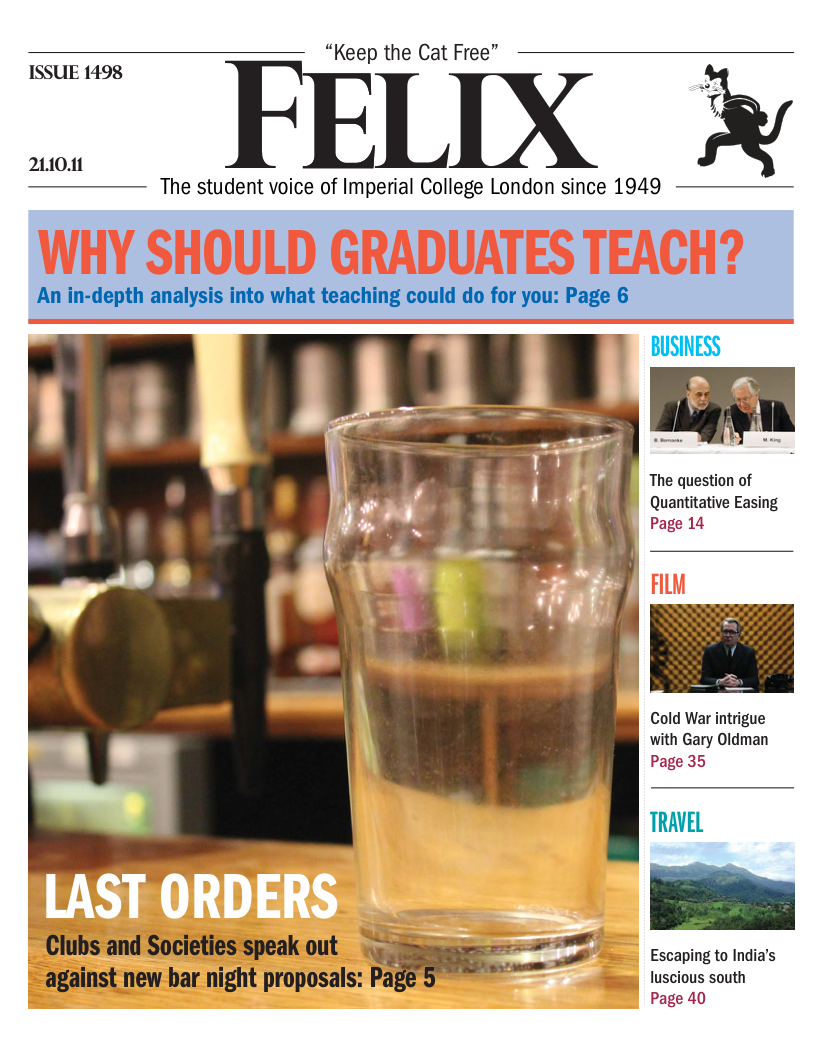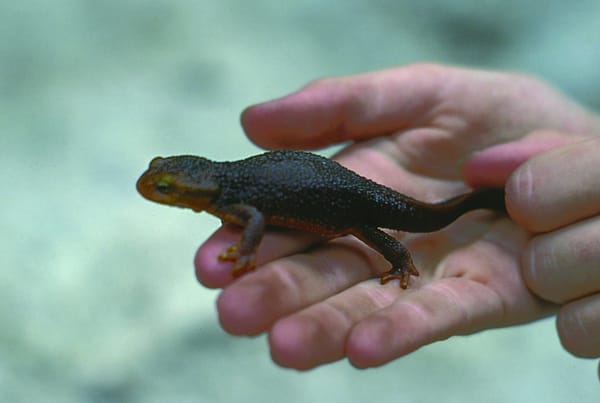Mini ‘Little Ice Age’ periods explained
Luke Sheldon reports on the link between solar cycles and severe winters
During the 17th and 18th centuries, Europe and North America experienced much severer winters than we do now – people could frequently walk or even skate across a frozen Thames. This period is called the Little Ice Age, though unlike true ice ages, it had its origins in the waning strength of our sun and it was only experienced in isolated regions with a minor global temperature change. Whereas the millennial changes in the sun were responsible for this period, a team of scientists from the Met Office, Oxford and Imperial have attributed current cool winters to the smaller 11 year solar cycle.
Visible and infra-red light do not vary much during solar cycles, meaning the direct temperature change is small. However the fluctuation of the UV light is much greater. UV radiation is both absorbed by ozone and helps to create it; this process is what warms the middle of the atmosphere where the ozone is concentrated. The team of scientists used recent measurements of the UV radiation, which showed an even larger UV change than previously expected, to drive a climate model. They found that the recent decrease in solar UV caused cooling in Northern Europe and southern North America during winter, whilst northern North America and southern Europe warmed in the model, which agreed with real life.
The model showed that these surface changes were linked to the direct cooling of the middle atmosphere by a network of dynamical adjustments that weakened the Northern Hemisphere westerly winds at the bottom of the atmosphere. This causes the observed temperature changes, for example: by blowing less warm oceanic air from the Atlantic onto Northern Europe the climate to cool.
This work demonstrates that the 11 year cycle in the sun’s strength can have noticeable effects on our winters and could have considerably contributed to the last two severe winters here. However, one of the research’s authors, Adam Scaife, highlights how, “this isn’t the sole driver of winter climate over our region, but it is a significant factor and understanding it is important for seasonal to decadal forecasting”. It should also be noted, that like the Little Ice Age, the overall global temperature change during the cycle was small, as the regional changes mentioned cancel each other out - meaning it has no effect on global climate change.






